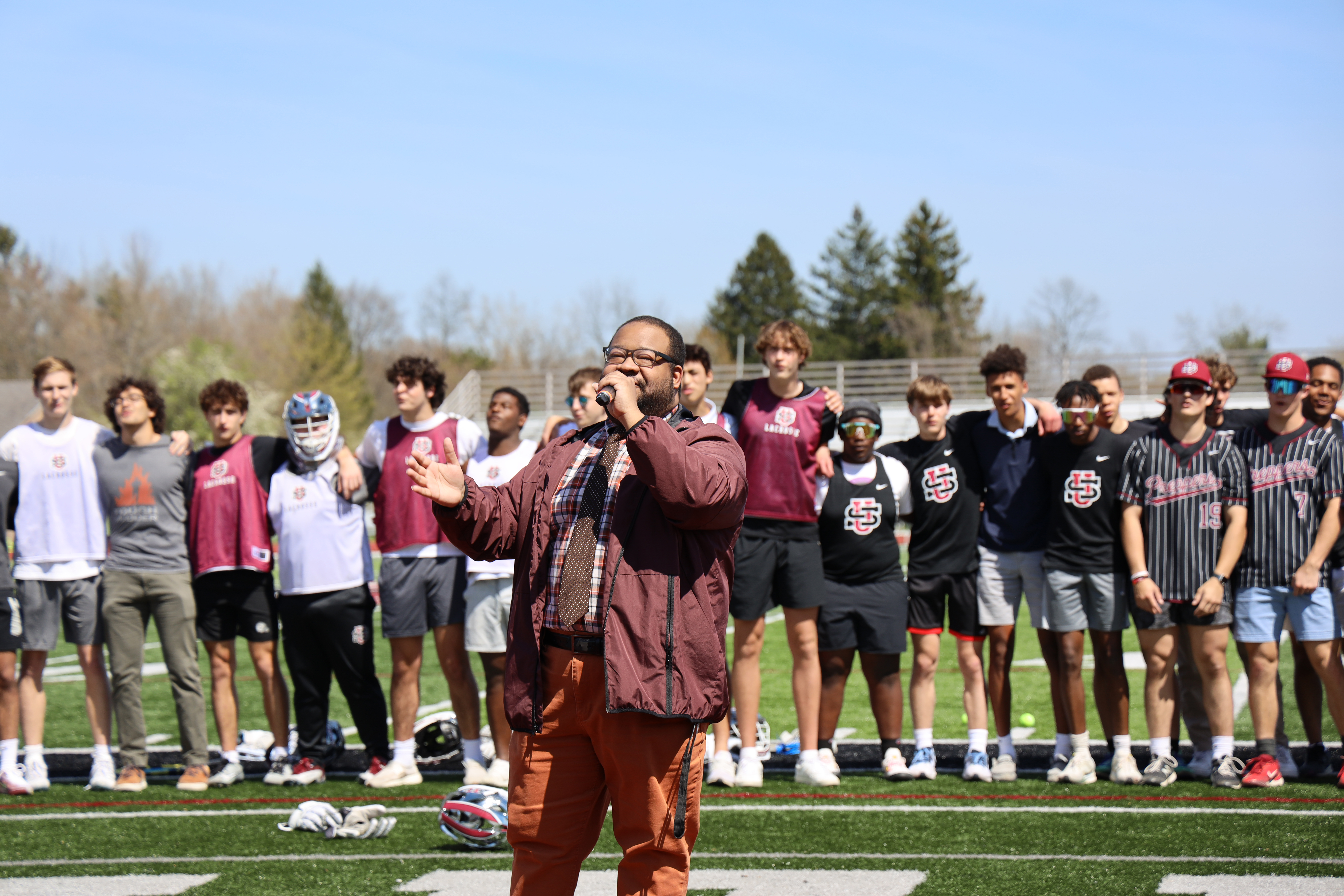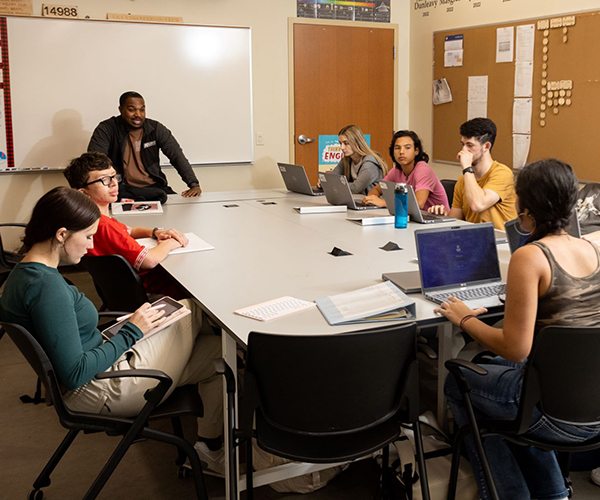It’s the chicken-or-the-egg dilemma: Can’t get a job without experience and can’t get experience without a job. What many college students don’t realize is that the same rules apply for internships.
Anita A. Young, coordinator of career services at Cleveland State University, and Patrick McPherron, acting assistant director of internships at Oberlin College, suggest these five things students should do so they can cluck about that first internship.
Put it on paper: Cover letters and résumés are your foot in the door, and you want your shoes to be sparkling clean. “Your résumé should be spotless; that means have several people proofread it before you send it,” says Young. McPherron says students need to start developing résumés as soon as they begin looking for internships. “Your résumé should have content,” he says. Young suggests keeping a current portfolio of school projects, awards, extracurricular activities and anything related to your field. Attend résumé-writing workshops and ask professionals or professors for their opinions.
Work your network: It’s not just what you know, it’s who you know. Young advises talking to family, friends and co-workers and getting involved with professional organizations or volunteering. McPherron says volunteering is a great opportunity to explore your career options and enhance your networking circle. “Just let people know you are looking for something,” says Young. She warns that you must be prepared for someone to contact you so you are not rushing at the last minute if something comes through.
Make the grade: Most employers have a minimum GPA requirement. Research your potential field and its academic standards. McPherron advises students with a 3.0 GPA and higher to include it on their résumé. If your GPA is less than impressive, “employers won’t take you seriously,” says Young. She says you are a student first, and your academic record reflects on your qualifications.
Add extracurriculars: Getting involved with campus and professional organizations pays off. “Don’t just join organizations to put on your résumé,” says Young. “The whole purpose is for you to network, develop skills and gain professional knowledge.” Use your time wisely and invest in organizations that cater to your goals, enhance your leadership skills and strengthen your résumé. McPherron says having clear goals makes it easier to look for internships.
Practice makes perfect: Young recommends researching your chosen profession and exploring your options. Broaden your opportunities by joining job boards and specific career boards. Most universities offer “mock interviews,” she says, which can help students rehearse answers to commonly asked questions. Mock interviews help students recognize their weaknesses and improper behaviors and “get through the initial anxiety,” adds McPherron.
Trending
-
1
-
2
-
3
-
4
-
5










